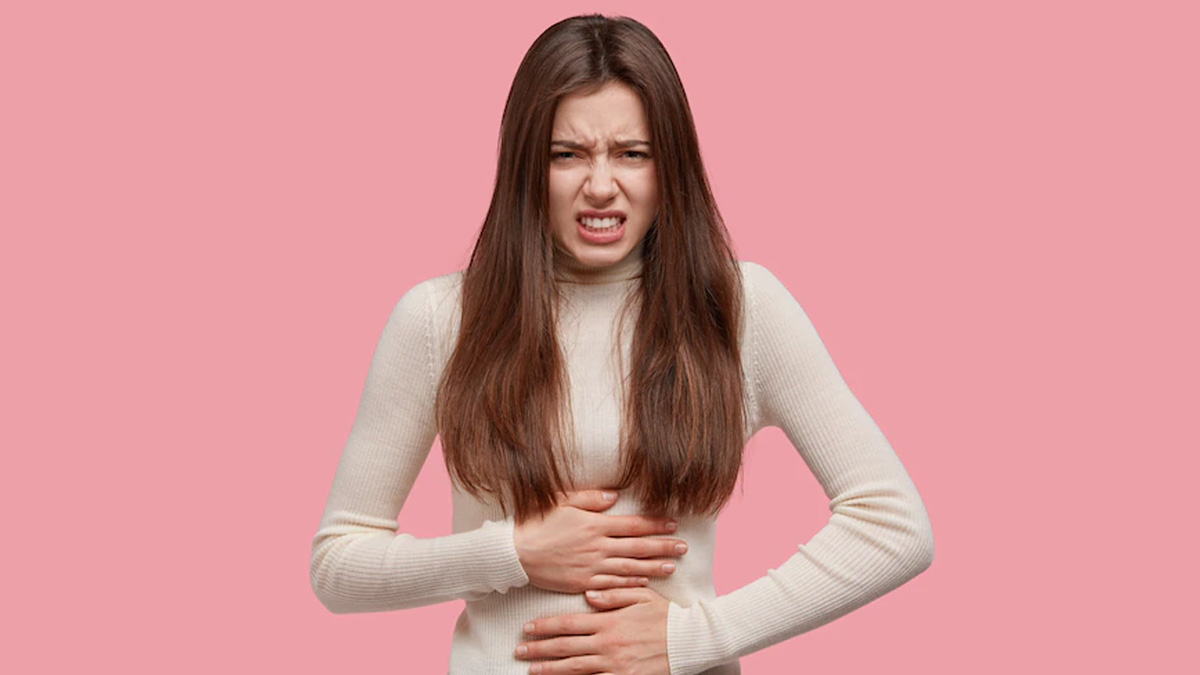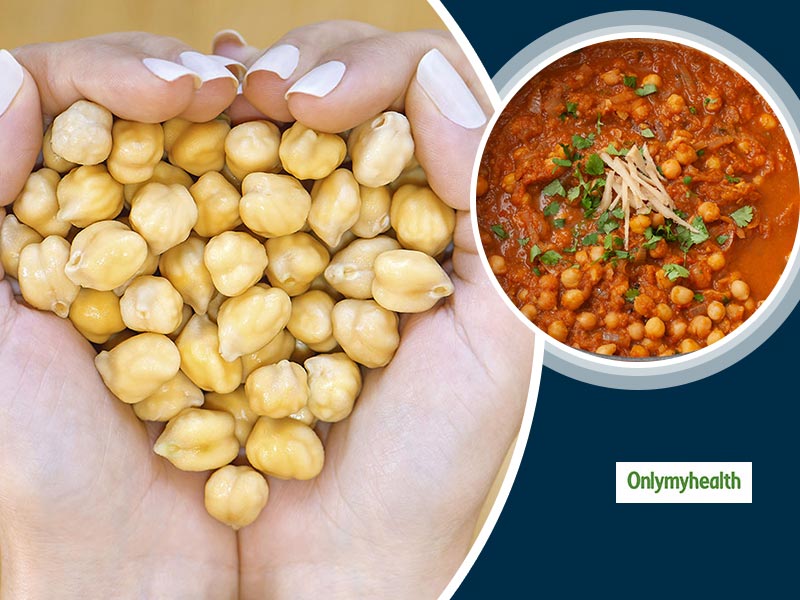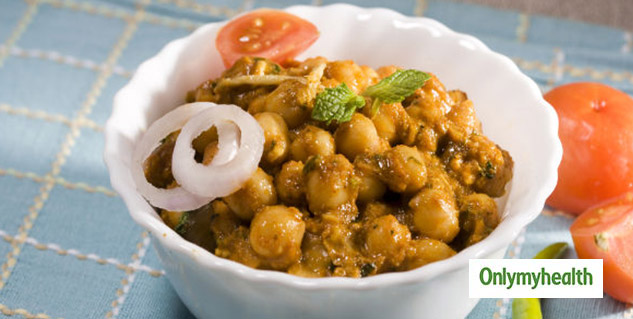
Chickpeas, also known as garbanzo beans, are a versatile legume packed with nutrients like fibre, protein, vitamins, and minerals. However, for some individuals, enjoying chickpeas comes with an unpleasant side effect: bloating. Bloating occurs when your gastrointestinal tract becomes filled with gas or air, causing discomfort and a feeling of fullness. If you're experiencing bloating after eating chickpeas, fret not.
Table of Content:-
Tips to Reduce Discomfort After Eating Chickpeas
Here are some effective tips to help alleviate this discomfort and continue enjoying this nutritious food:
1. Cook Chickpeas Thoroughly
Properly cooking chickpeas can make a significant difference in reducing bloating. Soak dried chickpeas overnight and then cook them thoroughly until they are soft. Overcooked chickpeas are easier to digest and may cause less bloating compared to undercooked ones.
2. Increase Water Intake
Drinking plenty of water can help prevent bloating by aiding digestion and preventing constipation. Water helps move fibre through your digestive tract, reducing the likelihood of gas buildup. Aim to drink at least 8-10 glasses of water per day, especially when consuming fibre-rich foods like chickpeas.
3. Gradually Increase Fibre Intake
Chickpeas are high in fibre, which is beneficial for digestive health. However, suddenly increasing your fibre intake can overwhelm your digestive system and lead to bloating. Gradually introduce chickpeas into your diet to allow your body time to adjust to the increased fibre load.

Also Read: Debunking the Myth: Are All Processed Foods Bad for You? Expert Decodes
4. Chew Thoroughly
Proper chewing is essential for good digestion. When you eat quickly or don't chew your food thoroughly, larger food particles reach your stomach, making it harder for your digestive system to break them down. Take your time to chew each bite of chickpeas thoroughly, which can help reduce bloating.
5. Try Enzyme Supplements
Digestive enzyme supplements contain enzymes that help break down carbohydrates, fats, and proteins, aiding digestion and reducing bloating. Consider taking a digestive enzyme supplement before meals containing chickpeas to help prevent bloating.
6. Limit Portion Sizes
While chickpeas are nutritious, eating large portions in one sitting can overwhelm your digestive system and lead to bloating. Instead, opt for smaller, more frequent meals to give your body time to digest and process the fibre-rich legumes without causing discomfort.

Also Read: Skincare: 6 Benefits of Marigold, Turmeric, and Milk Face Mask for Radiant Skin
7. Pair with Digestive Aids
Certain herbs and spices, such as cumin, ginger, and fennel, are known for their digestive properties and can help reduce bloating. Try incorporating these herbs and spices into your chickpea dishes to aid digestion and alleviate bloating.
8. Consider Fermented Chickpeas
Fermented foods like tempeh, miso, and fermented chickpeas contain beneficial probiotics that support gut health and aid digestion. Fermentation breaks down some of the complex sugars in chickpeas, making them easier to digest and reducing the likelihood of bloating.
9. Be Mindful of Other Culprits
While chickpeas may be the primary cause of your bloating, other factors such as certain food combinations, eating too quickly, or swallowing air while eating can also contribute to bloating. Pay attention to your eating habits and make adjustments as needed to reduce bloating.
Consult a Healthcare Professional: If bloating persists despite trying these tips, it's essential to consult a healthcare professional. Chronic bloating could be a sign of an underlying digestive issue that requires medical attention. A healthcare professional can help identify the cause of your bloating and recommend appropriate treatment.
Bottomline
Bloating after eating chickpeas can be uncomfortable, but it doesn't have to ruin your enjoyment of this nutritious legume. By following these tips, you can help alleviate bloating and continue reaping the health benefits of chickpeas. Remember to listen to your body, experiment with different strategies, and seek professional advice if needed to find the best approach for managing bloating effectively.
Also watch this video
How we keep this article up to date:
We work with experts and keep a close eye on the latest in health and wellness. Whenever there is a new research or helpful information, we update our articles with accurate and useful advice.
Current Version